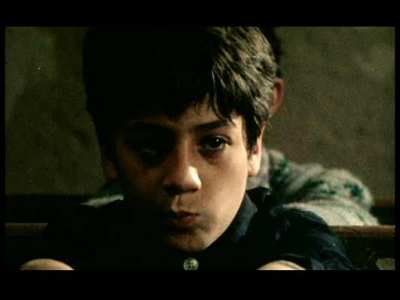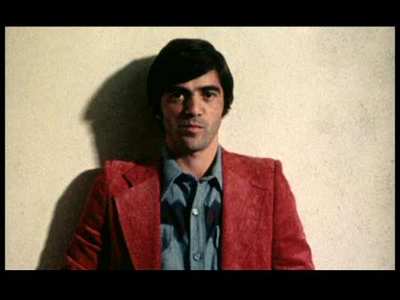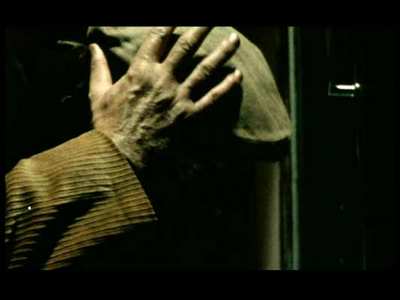Review of Padre Padrone
Introduction
Based on Gavino Ledda`s autobiography, `Padre Padrone` starts in a schoolroom where Gavino`s father tells him his school days are over almost before they`ve started and that he must follow him to look after the family`s sheep. Gavino wets himself and, when the other children laugh at him, his father rebukes them by telling them that their fathers will call on them shortly.
In order to turn his son into a shepherd, his father treats him as he was treated by his father, yelling at Gavino, beating him and whipping him with branches and even a snake he has just killed, when he disobeys or displeases him. Gavino grows to hate his father, yet is unable to escape him and is still sitting in the mountains at his father`s behest when he is 20. Gavino is drafted into the army to do his National Service, where he hopes to become a radio engineer, but his upbringing has left him illiterate and unable to speak Italian. Desperate to avoid spending his life as a shepherd, he spends all his free time learning Italian and Latin until, for the first time in his life, he can successfully integrate with his peers.
Bookended by footage of the real Gavino Ledda, who is now a professor of linguistics, `Padre Padrone` was made for Italian television, but turned out to be a surprise hit, winning the Palme d`Or at Cannes in 1977.

Video
The letterboxed transfer is terrible, with unforgivable amounts of dirt, grain and artefacts around the edges. The colours are overly muted and the contrast is poor. The DVD has clearly been sourced from well-used film stock and transferred with no attempt at enhancement.

Audio
The DD 2.0 mono soundtrack does its job, but there`s nothing special about it. The subtitles are clear, but the occasional error is evident: "don`t you dare laughing at Gavino" and "obedience is the air you breath" are a couple I spotted. Someone should really proofread subtitles before they are distributed. When characters speak Sardinian, the film has Italian subtitles burned-in.
Sound is supposed to be a major feature of the shepherd`s life: Gavino`s father teaches him to hear the wind in the trees to tell where the boundary of the smallholding is and to be able to listen out for any threats to the livestock, but this is not so evident with a mono soundtrack.

Features
Niente.

Conclusion
`Padre Padrone` translates as `My Father, My Master` and is all about one Sardinian`s attempts to escape his overbearing father, who is more like a master to him. As such, the film is small in scale, which feels like the `made for TV` movie it originally was. It revolves entirely around Gavino, yet I never felt I knew him because he doesn`t say much and although I sympathised with his plight, it was hard to empathise with him. When Gavino encounters his father as an old man, unable to dominate his son, it should have a real emotional punch, but doesn`t.
As it is a docu-drama, moments in the early part of the film make for uncomfortable viewing, with scenes of animal cruelty, butchery and bestiality. `Padre Padrone` is based on an autobiography, so these scenes are likely true and part of Gavino`s formative years, but is it necessary to show him take out his anger on a real sheep by repeatedly stamping on it?
I don`t know why it won the Palme d`Or, as the only aspect of the film that I found praiseworthy was the acting, with the mix of professional and non professional actors. As the young Gavino, Fabrizio Forte is excellent and his relationship with his father is thoroughly believable as Omero Antonutti is convincing as an overbearing disciplinarian, whose treatment of his son verges on the sadistic. The neo-realist photography is a major feature of this film, but the transfer is so terrible that it is never clear enough to be enjoyed.
This DVD is likely to appeal only to fans of the Taviani brothers` work, who will be extremely disappointed by the quality of this release, which gives `vanilla` a bad name. It`s hard to recommend it to anybody, given the picture quality and the complete absence of supplementary material. If you liked the autobiography, stick with that - this won`t enhance your understanding of Gavino Ledda.
Your Opinions and Comments
Be the first to post a comment!